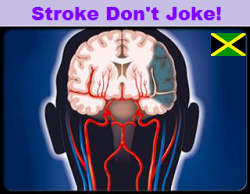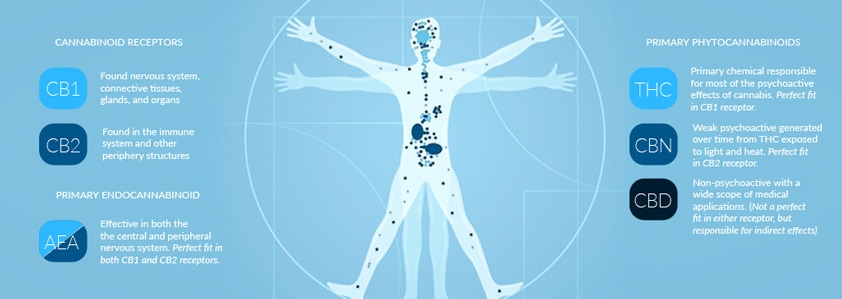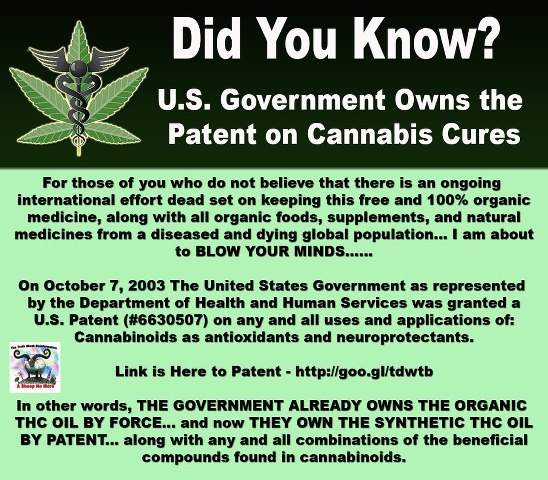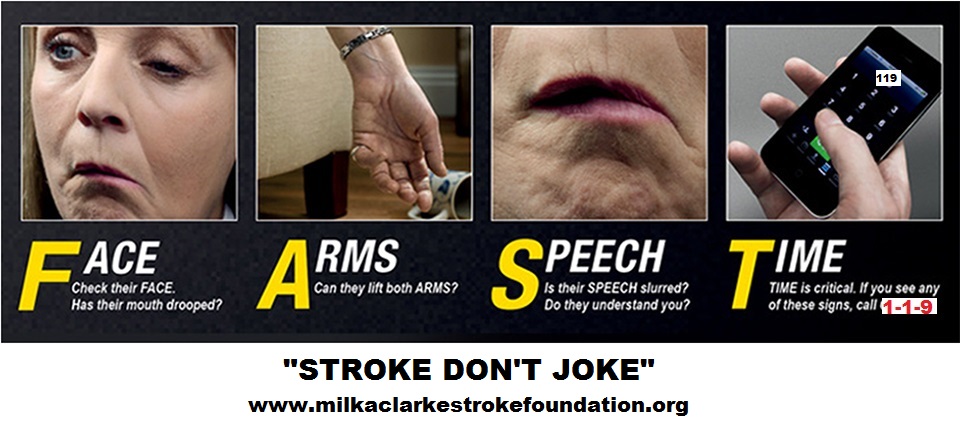What is Medical Marijuana?
Disclaimer: Posting this information about Medical Cannabis, does not mean we endorse the practice of using cannabis without a doctor's prescription. However, we know that many individuals are searching for remedies that work better that medications already prescribed by their doctors. Some people are using cannabis, and instead of pretending that it's not happening, we decided to provide information that further educates those who chose to go this route.
The term medical marijuana refers to using the whole unprocessed marijuana plant or its basic extracts to treat a disease or symptom. The U.S. Food and Drug Administration (FDA) has not recognized or approved the marijuana plant as medicine.
However, scientific study of the chemicals in marijuana, called cannabinoids, has led to two FDA-approved medications that contain cannabinoid chemicals in pill form. Continued research may lead to more medications.
Because the marijuana plant contains chemicals that may help treat a range of illnesses or symptoms, many people argue that it should be legal for medical purposes. In fact, a growing number of states have legalized marijuana for medical use. Read more about marijuana-related state laws at www.whitehouse.gov/ondcp/state-laws-related-to-marijuana.
QUESTIONS ABOUT MEDICAL CANNABIS FOR YOUR DOCTOR
Do as much research as you can on medical cannabis as a treatment for your particular condition before you book an appointment with your doctor. If you can find evidence that medical cannabis has helped other people with your condition, print out the study or article and bring it with you. A scholarly journal or academic study will be your best evidence, but less formal sources like patient testimonials or blog posts can also be helpful.
Clearly identify the symptoms you feel can be better managed with medical cannabis. Make a list of the medicines and therapies you have already tried and mark which have, and which have not, worked. Medical cannabis is often prescribed when conventional medicine just isn’t enough.
Here are some questions that you can ask your doctor during your visit:
If you doctor is not comfortable prescribing medical cannabis, ask if he or she would be willing to refer you to a specialist or cannabinoid clinic.
Do as much research as you can on medical cannabis as a treatment for your particular condition before you book an appointment with your doctor. If you can find evidence that medical cannabis has helped other people with your condition, print out the study or article and bring it with you. A scholarly journal or academic study will be your best evidence, but less formal sources like patient testimonials or blog posts can also be helpful.
Clearly identify the symptoms you feel can be better managed with medical cannabis. Make a list of the medicines and therapies you have already tried and mark which have, and which have not, worked. Medical cannabis is often prescribed when conventional medicine just isn’t enough.
Here are some questions that you can ask your doctor during your visit:
- Given my condition, could medical cannabis be a valid treatment for me?
- Is medical cannabis safe for me to use?
- Will taking medical cannabis affect my other medications?
- What are the side effects?
If you doctor is not comfortable prescribing medical cannabis, ask if he or she would be willing to refer you to a specialist or cannabinoid clinic.
|
This slideshow is meant to be educational, but noting also, what the USA allows considering that they don't support the same legal access to medical marijuana for sick Jamaicans, with chronic long term illnesses. Hope you get the entertainment value also.
| ||||||
9 Reasons That Sanjay Gupta Changed His Mind About Marijuana
 Dr. Sanjay Gupta,
Dr. Sanjay Gupta, CNN's Chief Medical Correspondent
I am very conservative in my thinking about some things, and following the rule of law is very important to me. During my research for this section of the website, I came across info that made me scratch my head and rethink some thoughts I held dearly. I have had patients who rely on marijuana tablets, and because it was ordered by their doctor, while they were hospitalized, I have had to give it as a part of their cancer care regimen.
They all say medical marijuana pills work better that traditional medicine. I believe them because I saw how they were after the pills began to work. They could eat a meal without having nausea and vomiting, especially after chemotherapy. They could take a shower without pain, they could think straight and not feel like they were losing their minds. From this point of view, I believe that there is something to this medical marijuana. I am not endorsing it's use, especially in any jurisdiction that still considers it illegal.
Now, let's see what Dr. Sanjay Gupta found out about medical marijuana.
Dr. Sanjay Gupta, CNN's chief medical correspondent, says he was wrong to ignore marijuana's medical potential when he wrote an opinion piece in 2009 called "Why I would Vote No on Pot."
Gupta filmed a documentary that aired on CNN on Sunday, August 11, 2013 and earlier this week wrote an editorial on CNN.com in which he admitted that the research for the movie changed his mind about the drug and its medicinal effects.
After traveling the world, meeting with medical experts and medical marijuana patients, Gupta concludes "we have been terribly and systematically misled for nearly 70 years in the United States, and I apologize for my own role in that."
Here are Gupta's reasons for his change of stance:
1. Marijuana laws are not based on science. Gupta wrote: "Not because of sound science, but because of its absence, marijuana was classified as a schedule 1 substance" at the urging of Assistant Secretary of Health, Roger Egeberg in 1970.
2. Gupta notes that marijuana doesn't have a "high potential for abuse" and it doesn't lead people to use other drugs. "We now know that while estimates vary, marijuana leads to dependence in around 9 to 10% of its adult users." Cocaine, classified as a (less addictive) schedule 2 substance, hooks 20% of those who use it. Around 25% of heroin users and 30% of tobacco users become addicted.
3. In some medical cases, marijuana is "the only thing that works." Gupta met with one woman in Colorado who used marijuana to cut the number of seizures she had from 300-per-week to two or three per month.
4. It's safer than a lot of prescription drugs: Someone dies from a prescription drug overdose every 19 minutes in the United States, but Gupta could not find a single person who died from a marijuana overdose.
5. Other doctors believe in it: Seventy-six percent of physicians surveyed would prescribe marijuana to ease the pain of women suffering from breast cancer.
6. While quitting marijuana can produce some withdrawal symptoms, like insomnia, anxiety and nausea, it is still nowhere near as bad at drugs like heroin or cocaine, or even booze. "I have seen the withdrawal from alcohol, and it can be life threatening," Gupta said. Not so with marijuana.
7. Medicinal plants (including marijuana specifically) aren't a new idea: The medical and scientific communities have been studying medical marijuana since the 19th Century, and marijuana was actually used to treat neuropathic pain until 1943.
8. Only 6% of research on marijuana published in the last year analyzed benefits. The other 93% are designed primarily to investigate harm. "That imbalance paints a highly distorted picture," Gupta said.
9. The system is biased against research into medical marijuana's benefits. First, you have to get the marijuana for your study from one government-approved farm, and you have to get approval from the National Institute on Drug Abuse, which is tasked with studying and preventing drug abuse, not the medical benefits of drugs.
In general, Gupta says he listened a bit too closely to medical marijuana opponents and skeptics, and he "didn't look hard enough, until now. I didn't look far enough. I didn't review papers from smaller labs in other countries doing some remarkable research, and I was too dismissive of the loud chorus of legitimate patients whose symptoms improved on cannabis."
They all say medical marijuana pills work better that traditional medicine. I believe them because I saw how they were after the pills began to work. They could eat a meal without having nausea and vomiting, especially after chemotherapy. They could take a shower without pain, they could think straight and not feel like they were losing their minds. From this point of view, I believe that there is something to this medical marijuana. I am not endorsing it's use, especially in any jurisdiction that still considers it illegal.
Now, let's see what Dr. Sanjay Gupta found out about medical marijuana.
Dr. Sanjay Gupta, CNN's chief medical correspondent, says he was wrong to ignore marijuana's medical potential when he wrote an opinion piece in 2009 called "Why I would Vote No on Pot."
Gupta filmed a documentary that aired on CNN on Sunday, August 11, 2013 and earlier this week wrote an editorial on CNN.com in which he admitted that the research for the movie changed his mind about the drug and its medicinal effects.
After traveling the world, meeting with medical experts and medical marijuana patients, Gupta concludes "we have been terribly and systematically misled for nearly 70 years in the United States, and I apologize for my own role in that."
Here are Gupta's reasons for his change of stance:
1. Marijuana laws are not based on science. Gupta wrote: "Not because of sound science, but because of its absence, marijuana was classified as a schedule 1 substance" at the urging of Assistant Secretary of Health, Roger Egeberg in 1970.
2. Gupta notes that marijuana doesn't have a "high potential for abuse" and it doesn't lead people to use other drugs. "We now know that while estimates vary, marijuana leads to dependence in around 9 to 10% of its adult users." Cocaine, classified as a (less addictive) schedule 2 substance, hooks 20% of those who use it. Around 25% of heroin users and 30% of tobacco users become addicted.
3. In some medical cases, marijuana is "the only thing that works." Gupta met with one woman in Colorado who used marijuana to cut the number of seizures she had from 300-per-week to two or three per month.
4. It's safer than a lot of prescription drugs: Someone dies from a prescription drug overdose every 19 minutes in the United States, but Gupta could not find a single person who died from a marijuana overdose.
5. Other doctors believe in it: Seventy-six percent of physicians surveyed would prescribe marijuana to ease the pain of women suffering from breast cancer.
6. While quitting marijuana can produce some withdrawal symptoms, like insomnia, anxiety and nausea, it is still nowhere near as bad at drugs like heroin or cocaine, or even booze. "I have seen the withdrawal from alcohol, and it can be life threatening," Gupta said. Not so with marijuana.
7. Medicinal plants (including marijuana specifically) aren't a new idea: The medical and scientific communities have been studying medical marijuana since the 19th Century, and marijuana was actually used to treat neuropathic pain until 1943.
8. Only 6% of research on marijuana published in the last year analyzed benefits. The other 93% are designed primarily to investigate harm. "That imbalance paints a highly distorted picture," Gupta said.
9. The system is biased against research into medical marijuana's benefits. First, you have to get the marijuana for your study from one government-approved farm, and you have to get approval from the National Institute on Drug Abuse, which is tasked with studying and preventing drug abuse, not the medical benefits of drugs.
In general, Gupta says he listened a bit too closely to medical marijuana opponents and skeptics, and he "didn't look hard enough, until now. I didn't look far enough. I didn't review papers from smaller labs in other countries doing some remarkable research, and I was too dismissive of the loud chorus of legitimate patients whose symptoms improved on cannabis."










